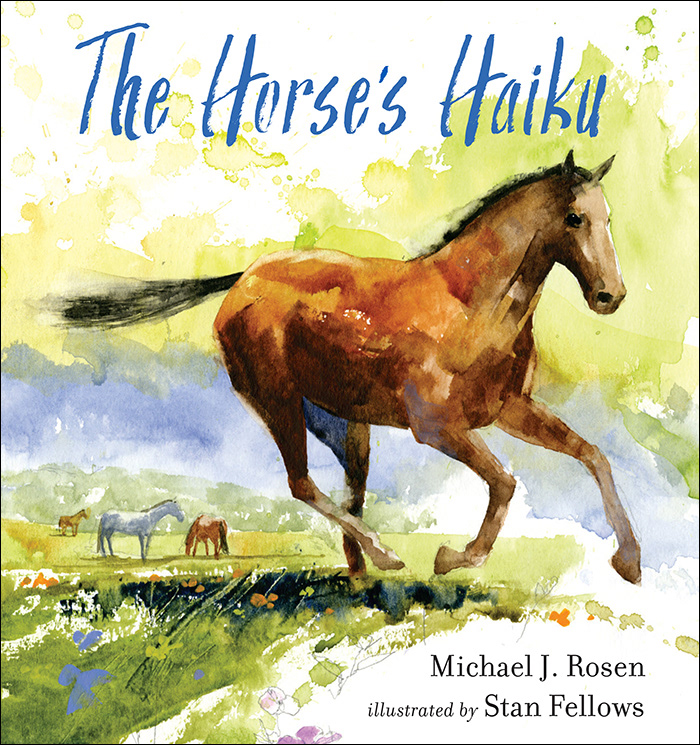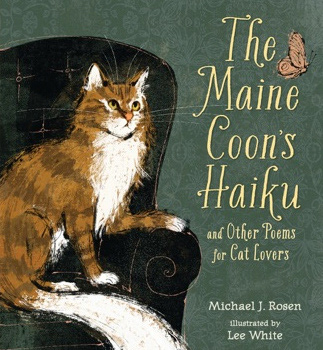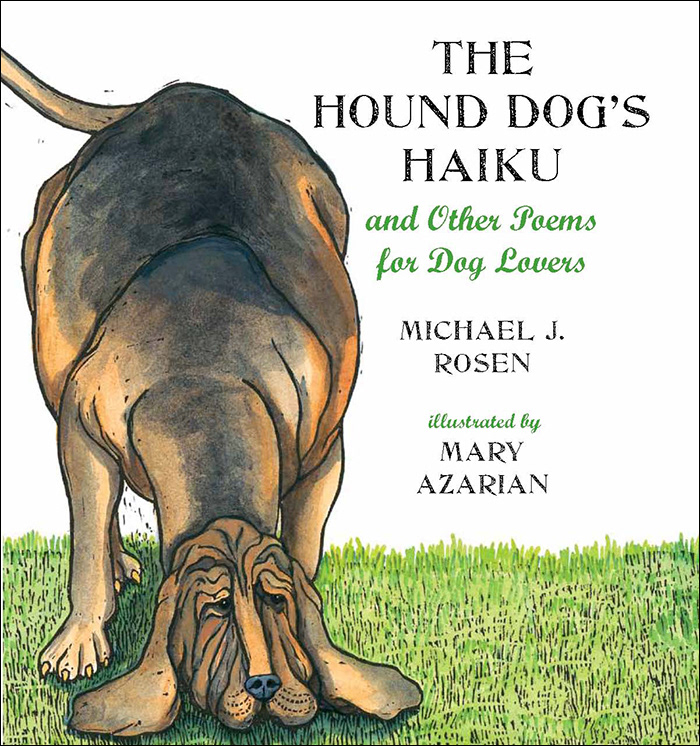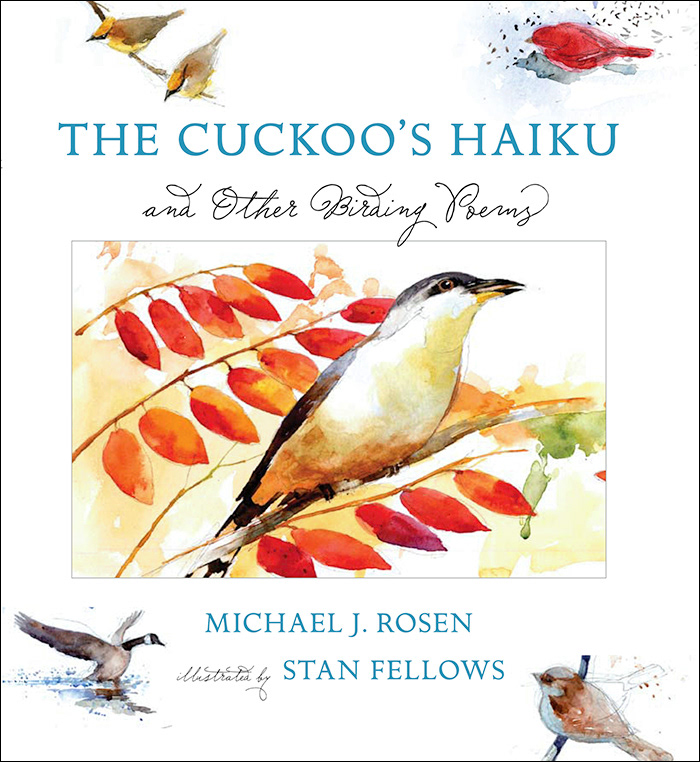Writing haiku is an ongoing part of my walks. It's a practice that has no interest in being made perfect. As I write it, haiku is "seeing still," a chance of turning the familiar visible again. Of removing the “over” from “overlooked.” Of refusing to let “over and over” govern your watch. These four books, as well as my collection for adults, Every Species of Hope, collect some of these passages.




The Horse's Haiku
"...crisp, contemplative haiku with sumptuous watercolors that reflect the strength and beauty of horses, as well as the bond between the animals and the humans who care for them...It’s a majestic collection that should leave readers spellbound, especially those devoted to horses themselves."—Publishers Weekly (starred review).
"Altogether a fresh and masterful contribution to the genres of both haiku and horse." —Kirkus Reviews
The Maine Coon's Haiku
This perfect poetical paean to pussycats makes both a fine gift for a cat lover and an excellent haiku handbook. — School Library Journal [starred review]
Each exquisitely crafted poem and image captures the personalities of the cats, the diversity of settings, and the quiet magic of each moment. —Publishers' Weekly [starred review]
The Hound Dog's Haiku
Brilliant in every way: poetically, visually—the Tao of dogginess! From Kirkus Reviews [starred review] .
Just as the captured moments are evocative, so too are the imaginative leaps taken in many of the poems....Fetch this title full of wordplay, creative romps, and pet prompts for a fun read.—School Library Journal
The Cuckoo's Haiku
A rare gift for young and old alike, this exquisite book about birds combines delicate verses and stunning watercolors that celebrate the natural world. Designed as if it were a birder's notebook, the book provides an intriguing haiku for each bird, dazzling paintings of the species in their habitats, as well as notes about their behaviors and traits. The double-page spread about American goldfinches shows them perched on a thistle feeder, “above gold jonquils/ feeding finches stacked like coins/ April's alchemy.” (A handwritten note adds, “funny—their song is 'potato-chips, potato-chips.' ”) The poems are arranged by seasons, and Rosen's words conjure dramatic images—in winter the dark-eyed juncos are “phased like tilted moons/ half shadow, half reflection” while the blue jay is “December's bugler/ jay! jay! jay! your one carol.” Fellows revels in the iridescent sheen of a blackbird or a field of summer wildflowers as he accurately yet expressively varies the point of view, settings and design elements for each page turn. Text and images, like a well-rehearsed duet, balance and echo each other's beauty. — Publishers' Weekly starred review